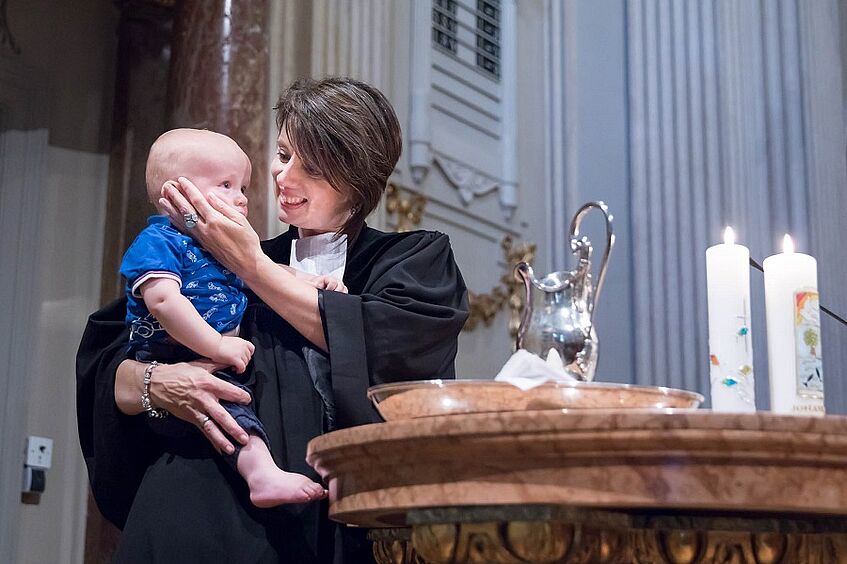Protestant Theology (Master)

© Universität Wien / Valere Schramm
The master’s programme in Protestant Theology aims at imparting advanced knowledge and understanding of the following subjects: Old Testament, New Testament, church history, systematic theology, practical theology and religious education. In addition, it aims at equipping students with the necessary competences to assess complex theological correlations, form socially and ethically correct opinions on the basis of the knowledge acquired and act accordingly. Students familiarise themselves with exegetical, philological, historical, philosophical, systematic, social scientific, humanistic and theological methods. Students should acquire the competence to form judgements, mediate and act independently.
Master of Theology
Degree Programme Code: 066 790
4 semesters / 120 ECTS credits
Language: German
NO entrance examination
Facts & Figures
- Students: n.a.
- Graduates in the last academic year: n.a.
- Number of semesters needed for graduation (median): n.a.
Data updated on: 03.12.2024
Attention
Instruction Language German
Please note that the instruction language of this programme is German. To start the degree programme, you need to hold a certificate of German proficiency on C1 level.
Admission Procedure
Information about the admission procedure
Information on Previous Studies:
In any case eligible degree programmes at the University of Vienna:
Getting started
Study Programme
The master’s programme consists of compulsory modules on the following subject areas: Old Testament research, theology and history of religion in early Christianity, church history, dogmatics, systematic theology, selected fields of practical theology, the process of reflection and production in homiletics, school internship for Protestant religious education and interdisciplinary research.
In addition, students have to select four elective modules.
To successfully complete the master’s programme, students have to write a master’s thesis and pass a master’s examination.
Five Concepts
which you will deal with during your studies:
- History of religion in early Christianity
- Patristics
- Christology
- Homiletics
- Psychology of religion
... and many more.
Overview of the programme structure & topics
Here you find the current offer of courses for this programme to gain better insight into the topics and structure. For more information please click on the respective level.
After Graduation
Graduates can pursue a career in the following areas:
- Protestant church (e.g. parish office)
- school
- adult education
- professions in the social sector
- media and publishing
- art and culture
- interreligious dialogue
- research.
Graduates' Perspective on the Degree Programme
Graduates ...
- say that this degree programme receives the grade: 2.0 (good)
- rate the level of difficulty as: 4.0 (high)
→ These results are based on feedback from 5 graduates.
*You can find further assessments of the degree programme from its graduates’ perspective in the graduate survey of the master’s programme in Protestant Theology (in German).
Graduates ...
- find employment within 2 months after graduation on average.
- earn an average of € 2,719 (women) and € 2,702 (men) gross per month within three years after graduation.
- work full time at a percentage of 68% (women) and 62% (men) within three years after graduation.
*You can find further information on career entry and career paths in the tracking of graduates "Arts and Humanities".
